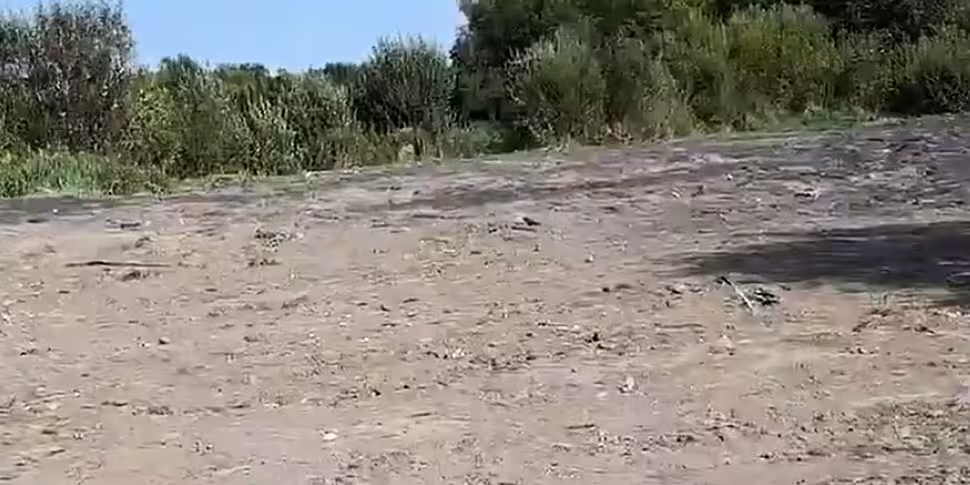South Dublin County Council has admitted to de-silting areas of wetlands which has led to so-called "environmental vandalism" in Tallaght.
A vacant site at Sean Walsh Park had grown into a sanctuary for wildlife including the endangered European Eel.
But, in the past few days, it was leveled and destroyed.
In a statement, South Dublin County Council said:
"As part of a planned process of removing built up silt and illegally dumped rubbish from the man-made lakes in Sean Walsh Park, South Dublin County Council carried out de-silting works during the summer months.
The de-silting and cleaning of the lakes is essential for improving the natural habitat of the park and for flood alleviation measures in the area. While in excess of forty tonnes of illegally dumped rubbish was removed off-site, the drained silt was placed in mounds on an uncultivated area of the park to the north of the wetlands in Sean Walsh Park. The Council has habitually used this area for depositing silt and last did so when carrying out works on the larger lake in 2018.
Following these works in Sean Walsh Park, the silt mounds were levelled. The Council will immediately review the practice of the disposal of silt drained from lakes. However, best practice dictates that the material removed is placed as close to the origin as possible.
The Council will continue to work to enhance the wetlands in Sean Walsh Park and in the County through its Constructed Wetlands Programme. The Council will also continue to deliver on the commitments given through our Climate Change Action Plan."
The local authority says it will now review its practices. A meeting of South Dublin County Council is taking place, with an emergency motion filed to understand what happened, and why it happened.
Up to have a look. Still can’t quite believe it. pic.twitter.com/Dl4Ir9hGcg
— Cllr. Liam Sinclair (@liam_bs) September 22, 2019
Local Green Councillor Liam Sinclair says representatives are disappointed with the statement, he said "we all feel that it doesn't acknowledge the destruction that took place.
"It doesn't acknowledge the feeling of people in Tallaght, south Dublin and in Ireland who care about bio-diversity. It doesn't acknowledge how they have been hurt by this."













